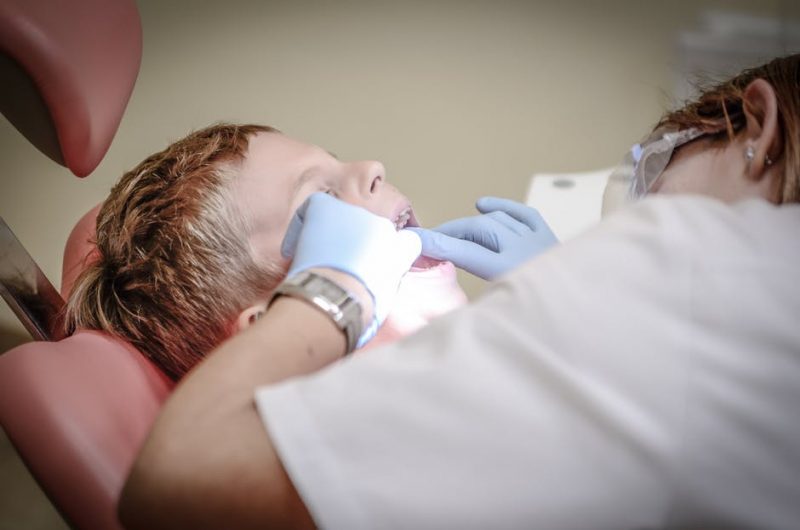How To Make It Through A Dental Emergency
Dental emergencies can be one of the most painful and stressful medical problems to have. While treating the injury at home can be a temporary solution, it’s of utmost importance to be able to proactively prevent tooth loss and abscess by visiting a professional.
It’s important to know who to call for a dental emergency or where to go; the sooner you do so, the better the prognosis may be, as putting off the discomforts associated with damaged or rooting teeth can only make things worse. Professional intervention means that it is more likely you will be able to keep your tooth and stay out of the emergency room.
According to the ADA, dental related emergency room visits rose from 1.1 million in 2000 to 2.2 million in 2012. While most people immediately consider calling a dentist, this isn’t the best option in some cases, particularly if you want to save your tooth and prevent future complications from the arising in the very same place. Root canal specialists don’t just perform root canals – they also specialize in microsurgery to fix what fillings and cleanings can’t, cracked teeth, and even traumatic injuries often related to sports. This is precisely why a dental emergency will typically necessitate the services of an endodontist.
When your tooth starts to hurt, there are a few options to try at home to ease the pain, but it’s important to remember that teeth are just as alive as any other part of the body. Each tooth includes its own blood vessels, connective tissues, and nerves which can become inflamed and infected just like any other soft tissue. The following items, then, are only temporary solutions to what can become a permanent problem if left treated improperly.
Over-The-Counter Pain Relief
Medications such as ibuprofen (a nonsteroidal anti-inflammatory drug or NSAID) and acetaminophen can offer temporary relief for the pain, fever, and inflammation; but the long-term damage to the body can be worse than the dental issue. These may help get you through until you can see a medical professional, but they will not treat the underlying problem.
Cold Compresses
Unless you are already on antibiotics, you should avoid heat as it can help the spread of infection and lead to a nasty abscess. A cold compress will relieve some of the pain and temporarily decrease swelling.
Topical Treatments
Benzocaine containing topical treatments are available over-the-counter at every pharmacy. Once again, this option offers temporary pain relief, but unlike the others does not offer any relief for inflammation. If natural remedies are your preference, it is thought that applying witch hazel on the site of the pain can offer pain relief as well.
Don’t let the phrase root canal scare you, it’s a very common procedure with minimal risks compared to extractions. Dental emergencies are medical problems that deserve attention in a fully-licensed medical environment that can handle the complications that can arise and save your smile, cosmetically speaking.






LisaLisa, thank you ever so for you post.Much thanks again.